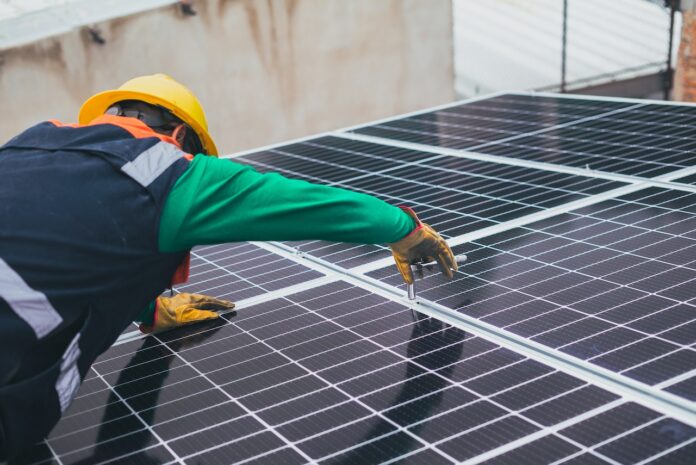We can no longer imagine our world without solar power and its associated technologies, and we can expect this trend to continue. Solar energy has emerged as a viable alternative to conventional energy sources in response to growing environmental concerns and the need for sustainable energy options. In addition to lowering reliance on nonrenewable fossil fuels it provides a clean and renewable energy source. We may look forward to a better future where solar energy plays a key part in addressing our energy demands thanks to the rapid development of solar technology.
Making Solar Technology More Accessible
As we go into 2023, the significance of solar power and technology cannot be emphasized. Concerns about climate change have reached a tipping point, making it critical that people and companies everywhere adopt renewable energy. Unfortunately, many people may be unable to benefit from solar power because of its high price and limited availability.
Subsidies from the State
Governments have introduced many financial and other incentives, like more solar jobs worldwide to promote the use of solar energy systems. Grants, tax refunds, and other similar programs fall under this category. In 2023, it will be important for firms and people to investigate and take advantage of the many incentives that will be available to them.
Solar Energy for Communities
Community solar initiatives allow anyone who cannot install solar panels on their own land to still benefit from solar energy. Community members can purchase or lease a portion of a solar array built in a common area.
Solar Energy Funding
Loans and other financing alternatives are readily available from several financial organizations for the installation of solar systems. These choices can reduce the barrier to entry for solar energy by allowing homeowners and businesses to stretch out the upfront costs and recoup those costs via energy savings.
Education and Awareness
In conclusion, expanding access to solar technology in 2023 will depend heavily on education and raising public awareness. Governments, corporations, and nonprofits all have a role to play in spreading the word about solar energy and its many advantages to the general public.
Downsides of Not Switching to Solar Energy
In light of global efforts to reduce carbon emissions, we must understand the costs of ignoring solar power. The drawbacks of relying on fossil fuels, which have been the primary source of energy for decades, have recently come to light.
Effects on the Environment
When burned, fossil fuels release greenhouse gasses that contribute to climate change, smog, and other negative effects on the environment. If we don’t start using solar power, these problems will only become worse and have much more devastating effects on the ecosystem.
Stress on the Economy
Because of their diminishing supply, fossil fuels will continue to increase in price. Because of the increased cost of these fuels, businesses that rely on them will have to raise their prices to customers. Solar energy systems, on the other hand, have decreased in price significantly over the past few years, and businesses that invest may end up saving money.
Scarce Materials
Due to their limited availability, fossil fuels will one day run out. Businesses that rely on conventional power sources may feel the effects of an energy crisis if solar power is not widely adopted.
Some Considerations Before Switching to Solar Technology and Energy
Reasons Related to Money
The upfront and ongoing costs of switching to solar technology and energy must be carefully weighed before making the switch. To assess if this is a financially prudent move for you, you should estimate the long-term savings on energy costs.
Demands on Physical Space and Facilities
Space and a particular setup are necessities for installing solar panels and associated hardware. You should think about the number of solar panels you’ll need, where you’ll put them, and whether or not your house or building’s electrical system needs updating.
Policy and incentives at the regional level
It is important to learn about your area’s rules and incentives before transitioning to solar power. Businesses that make investments in solar energy might be eligible for tax credits, rebates, or other incentives from some states and local governments.
Conclusion
Making solar energy more widely available is crucial since it represents the future of the energy industry. By keeping in mind the aforementioned details, both households and companies may make the switch to solar energy with minimal disruption. Investment in solar power has the dual benefit of lowering our carbon footprint and making a positive impact on the environment. Hence, let’s do what needs to be done to expand access to solar technology and reap its numerous rewards.
















![How to Fix [pii_email_6b2e4eaa10dcedf5bd9f] Error Code? [pii_email_6b2e4eaa10dcedf5bd9f]](https://www.techwebtopic.com/wp-content/uploads/2022/02/pii_email_6b2e4eaa10dcedf5bd9f.jpg)